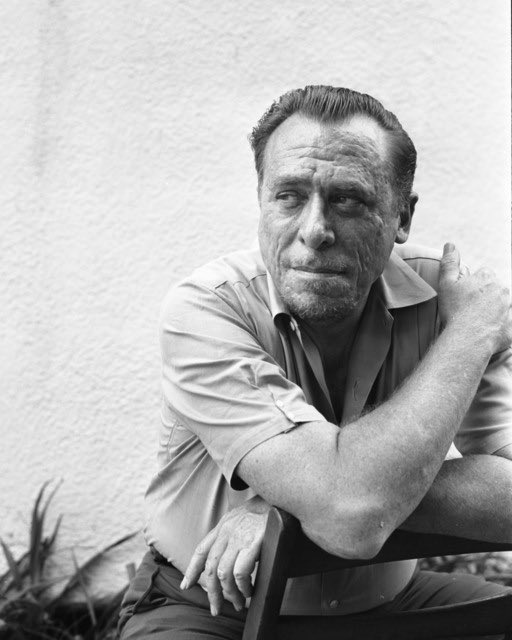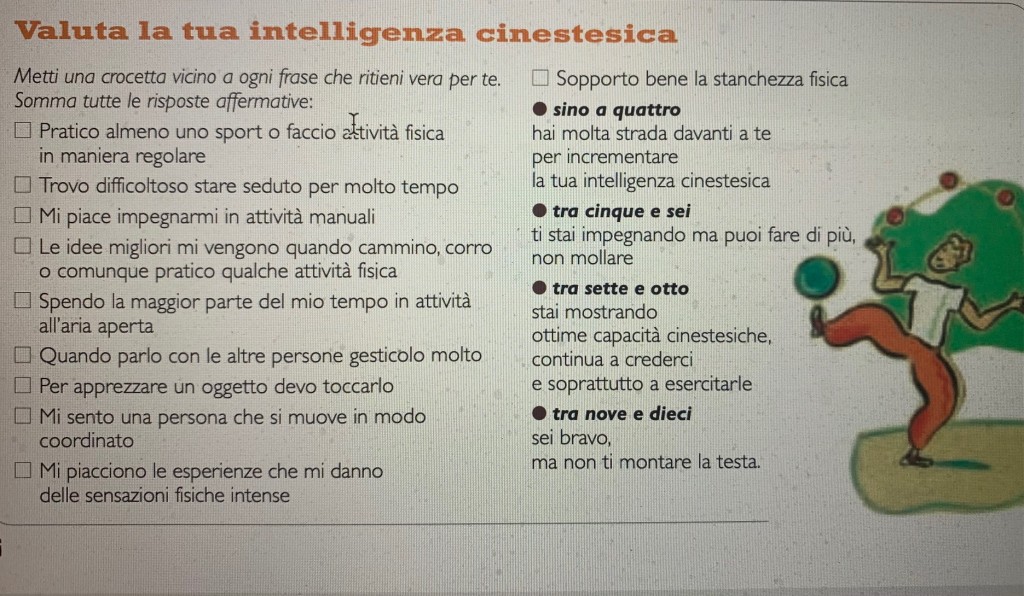To combine the intensity of play in team sports with competitive intelligence, it is necessary to develop a series of both physical and mental elements. Here are some important aspects to consider:
- Physical Preparation - Adequate physical preparation is fundamental to sustain a high level of intensity in the game. This includes endurance, strength, speed, and flexibility. A high level of physical fitness enables players to maintain intensity throughout the duration of the match.
- Game Tactics - Tactical intelligence is crucial. Players need to understand team tactics, have the ability to adapt during the game, and make quick and intelligent decisions on the field.
- Game Reading - Excellent players have the ability to quickly read the situation on the field, anticipate opponents’ moves, and make intelligent decisions based on the current game situation.
- Mindset and Concentration - Maintaining concentration throughout the entire game is essential. Competitive intelligence also involves the ability to handle pressure, stay focused, and positively respond to challenges and mistakes.
- Specific Training - Training sessions should focus on simulating high-intensity game situations, encouraging players to make quick and intelligent decisions under pressure.
- Communication and Cooperation - Competitive intelligence also manifests in the ability to effectively communicate with teammates, coordinate actions, and work together to achieve common goals.
- Winning Mindset and Resilience - Athletes with high competitive intelligence demonstrate a winning mindset, resilience, and the ability to face defeats by learning from mistakes and continuously improving.
- Energy Management - Knowing when to increase or reduce energy during the game is crucial. Intelligent players from a competitive standpoint know how to manage their energies effectively throughout the entire match.
- Adaptability and Flexibility - Players with developed competitive intelligence can quickly adapt to changes in game conditions, opponent strategies, or tactical variations within their team. They can alter their playing style or position on the field to meet the demands of the situation.
- Post-Match Analysis and Continuous Learning - Athletes with competitive intelligence constantly seek improvement. After each match, they analyze their performances, identify strengths and weaknesses, and consistently work on those aspects to progress over time.
In summary, the combination of adequate physical preparation, a tactical understanding of the game, high game reading ability, strong mindset, and concentration are all fundamental elements to blend game intensity with effective competitive intelligence.







